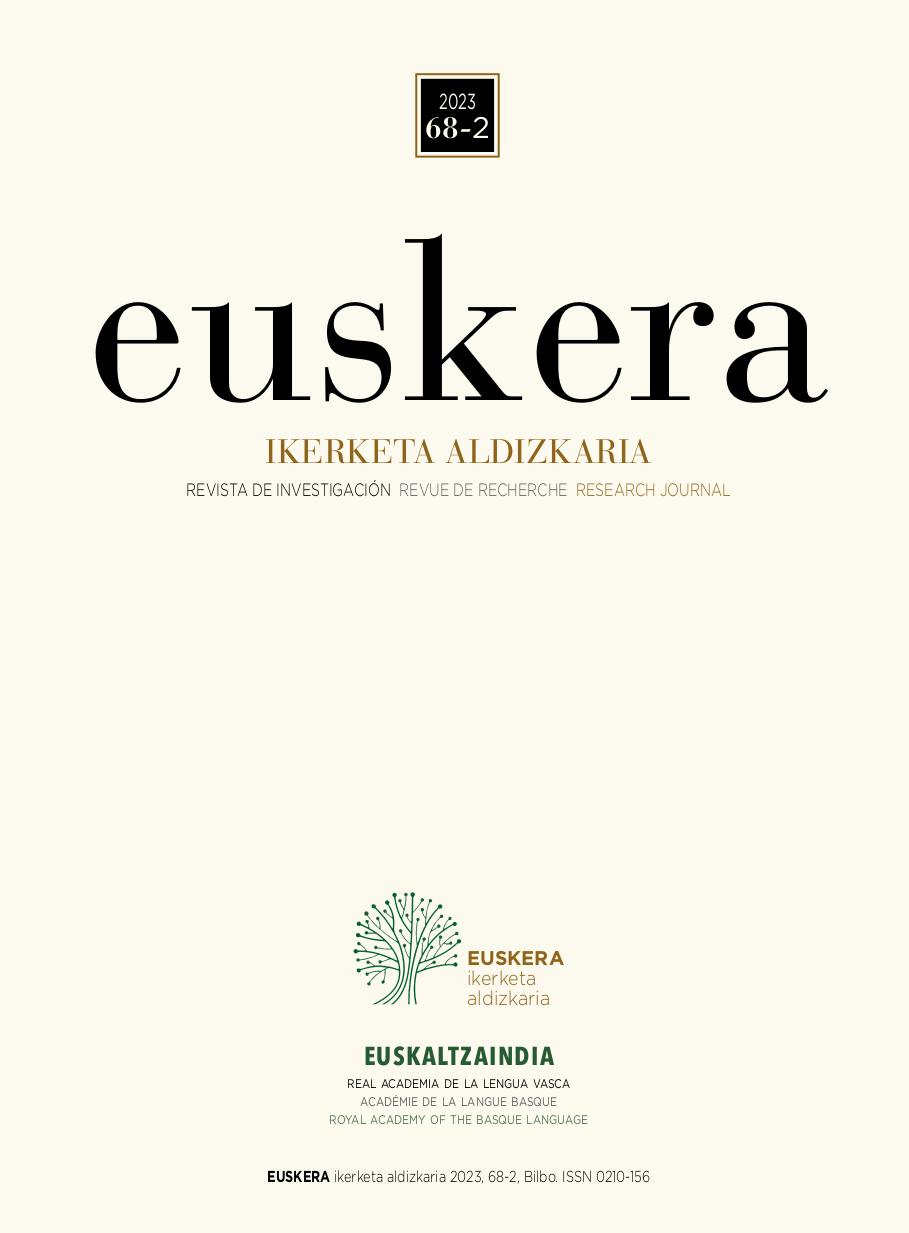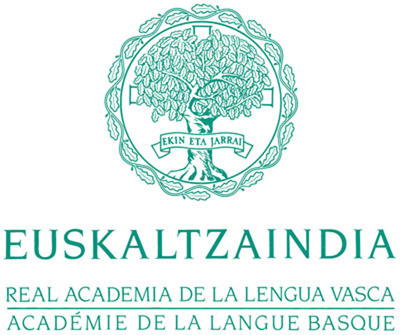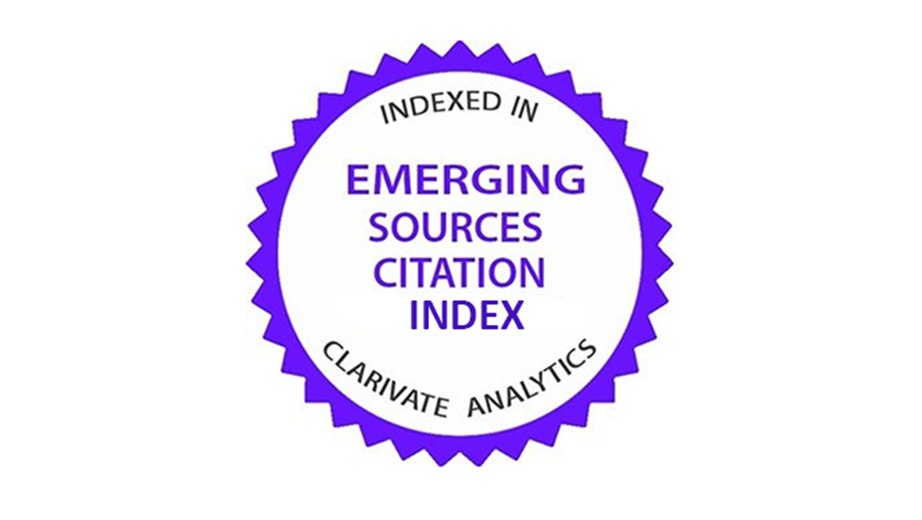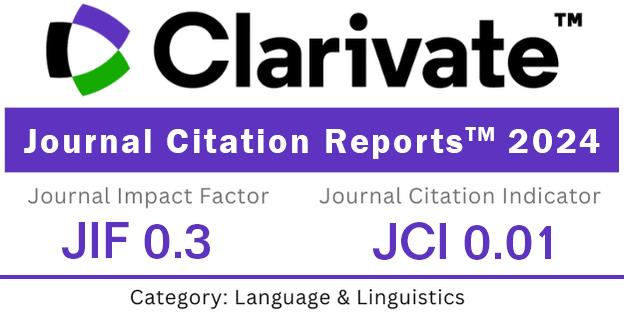"Too many times they ask me where I come from". Newcomers in immersion programs and the question of identity
DOI:
https://doi.org/10.59866/eia.v2i68.268Keywords:
Newly arrived students, plural identity, Basque, teachers’ interventionAbstract
In this article we will report on a study, based on the statements of 32 teachers who work with newcomers in immersion programs (10-14 years); They are Basque teachers in the immersion program (specifically in the Eusle and HIPI language strengthening programs). The purpose of the research is twofold: 1) to find out what difficulties, obstacles and incidents the newcomers in immersion programs express in relation to identity, and the teachers’ reflections on them; 2) to know the interventions and practices that teachers implement in relation to the identity of newcomers in immersion programs, as well as their thoughts on
the subject. The data were taken during a training process carried out by these teachers, in the “Course to specialize in the immersion of newly arrived students”, at the Faculty of Humanities and Educational Sciences (HUHEZI) of the University of Mondragon; the data
come from the explanations written by the teachers in answer to question about the identity of the students. The data are analysed and categorized through content analysis. The results show that until now the teachers and students of the research have not been familiar with the concept of plural identity, nor have they taken it into account. Some have considered that identity is generally associated with a single society or territory, mostly with the original one. The teachers believe that in the future their beliefs and that they will have to revise their practices.
Downloads
References
Barquín, A. (2008). «Immigrazioa eta euskara: gogoetarako zenbait gai», Jakin 165: 75-97.
Barquín, A. (2009). «¿De dónde son los hijos de los inmigrantes? La construcción de la identidad y la escuela» ,Educar 44: 81-96.
Barquín, A. (2015). «¿Qué debe hacer la escuela con las culturas familiares del alumnado inmigrante?», Educar, 51 (2) 443-464. https://doi.org/10.5565/rev/educar.671 DOI: https://doi.org/10.5565/rev/educar.671
Barquín, A eta Goikoetxea, N. (2022). «Euskara eta XXI. mendeko immigrazioa Euskal Herrian», U. Røyneland, P. Lane, eta L. Grenoble (ed.). Linguistic Minorities in Europe Online. Berlin, Boston: De Gruyter Mouton. https://doi.org/10.1515/lme.18120522 DOI: https://doi.org/10.1515/lme.18120522
Berastegi, N., Larrañaga, N., García, I. eta Azurmendi, M.J. (2016). «Kulturarteko harremanak bigarren hezkuntzan: ikasle etorkinen eta bertakoen akulturzio-orientazioak», Tantak, 28 (2) 61-83. https://doi.org/10.1387/tantak.17481 DOI: https://doi.org/10.1387/tantak.17481
Esteban-Guitart, M., MonreaL-Bosch, P. eta Vila, I. (2013). «A qualitative study on transnational attachment among eight families of foreign origin», Psyecology. Bilingual Journal of Environmental Psychology, 4, (3), 245-255. https://doi.org/10.1174/217119713807749832 DOI: https://doi.org/10.1174/217119713807749832
Esteban-Guitart, M. eta Vila, I. (2015). «The voices of newcomers. A qualitative anlysis of the construction of transnational identity», Psychosocial Intervention, 1, (24) 17-25. https://doi.org/10.1016/j.psi.2015.01.002 DOI: https://doi.org/10.1016/j.psi.2015.01.002
Eustat. (2022).Los nacimientos descendieron un 5.6% en el primer trimestre de 2023 en la C.A. de Euskadi. [Prentsa oharra]. Hemendik jasota: https://www.eustat.eus/elementos/Los-nacimientos-descendieron-un-5,6-en-el-primer-trimestre--de-2023-en-la-CA-de-Euskadi/not0021229_c.html
Giles, H. eta Johnson, P. (1987). «Ethnolinguistic identity theory: a social psychological approach to language maintenance», International Journal of the Sociology of Language, 68: 69-99. https://doi.org/10.1515/ijsl.1987.68.69 DOI: https://doi.org/10.1515/ijsl.1987.68.69
Ikuspegi. Inmigrazioaren Euskal Behatokia. (2022). «Atzerritar jatorriko biztanleak EAE-n 2022», Immigrazioaren Begirada, 56: 1-5.
Iztueta, I. 2015. Cultura Vasca versus Euskal Kultura. San Sebastián: Utriusque Vasconiae.
Maalouf, A. (1999). Identidades asesinas. Madrid: Alianza.
Ortega, A., Amorrotu, E., Goirigolzarri, J. eta Urla, J. (2016). Euskal hiztun berriak: esperientziak, jarrerak eta identitatea. Bilbao: Bizkaiko Foru Aldundia & Deustuko Unibertsitatea.
Perez, K., Azpeitia, A. eta Ozaeta, A. (2021). Irakasleen prestakuntza gogoetatsua, hezkuntza berritzeko giltza. Eskoriatza: Mondragon Unibertsitatea. Humanitate eta Hezkuntza Zientzien Fakultatea.
Piko, B. (2020). «Eskola inklusiboa: atzerritar jatorriko ikasleak», Hermes: pentsamendu eta historia aldizkaria, (65), 44-51.
Portes, A. (1996). The new second generation. New York: Russel Sage Fundation.
Ruiz Olabuénaga, J. I. (1999). Metodología de la investigación cualitativa. Universidad de Deusto.
Stonequist, E. V. (1937). The marginal man: a study in personality and culture conflict. Scribner/Simon eta Schuster.
Suárez-Orozco, C., Suárez-Orozco, M.M. (2003). La infancia de la inmigración. Madrid: Ediciones Morata.
Tadmor, C. T., Tetlock, P. E. (2006). «Biculturalism: A model of the effects of second-culture exposure on acculturation and integrative complexity», Journal of Cross-Cultural Psychology, 37: 173-190. https://doi.org/10.1177/0022022105284495 DOI: https://doi.org/10.1177/0022022105284495
Tadmor, C. T., Tetlock, P. E., Peng, K. (2009). «Acculturation strategies and integrative complexity: The cognitive implications of biculturalism», Journal of Cross-Cultural Psychology, 40: 105-139. https://doi.org/10.1177/0022022108326279 DOI: https://doi.org/10.1177/0022022108326279
Urizar, A. (2018). Euskal Autonomia Erkidegoan bizi den eta jatorri marokoarra duen gazte talde baten sozializazio prozesuaren azterketa [Doktoretza tesia]. Mondragon Unibertsitatea. (2020). «Euskal hezkuntza sisteman eskolatutako marokoar jatorrizko gazteak eta euskara», Euskera ikerketa aldizkaria, 65 (2), 397-416.https://doi.org/10.59866/eia.v2i65.39 DOI: https://doi.org/10.59866/eia.v2i65.39
Warner, W. L. eta Strole, L. (1945). The social systems of American ethnic groups. New Haven, CT and London: Yale University Press
Downloads
Published
Issue
Section
License
Copyright (c) 2023 Euskera ikerketa aldizkaria

This work is licensed under a Creative Commons Attribution-NonCommercial 4.0 International License.
